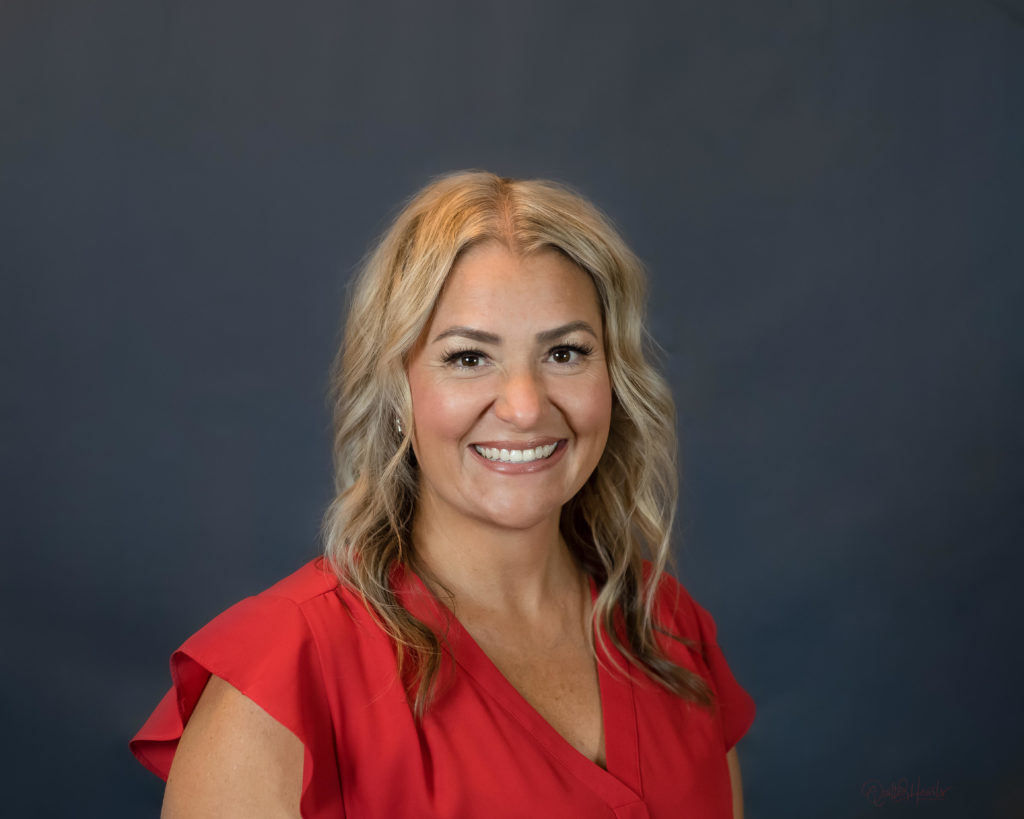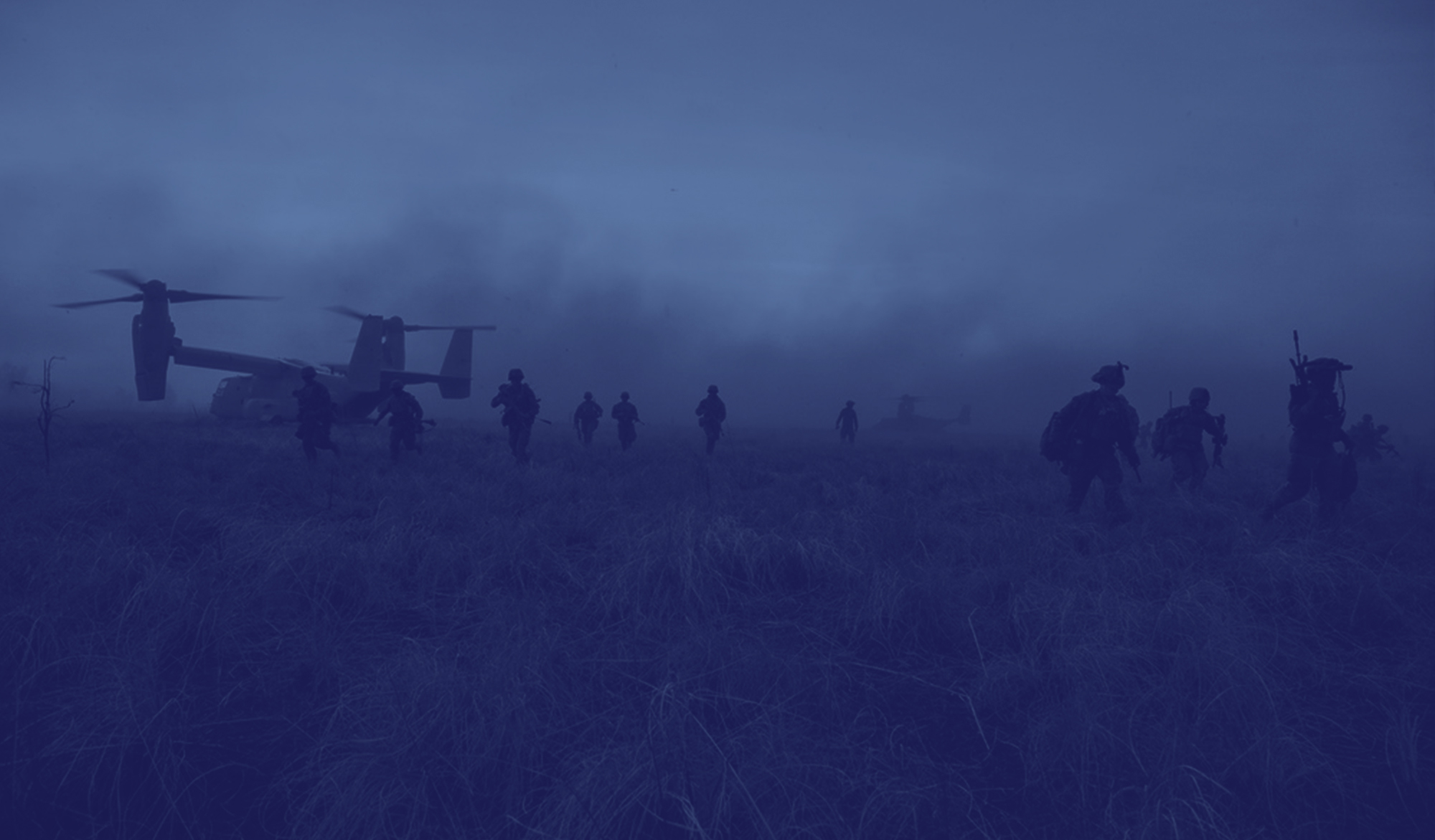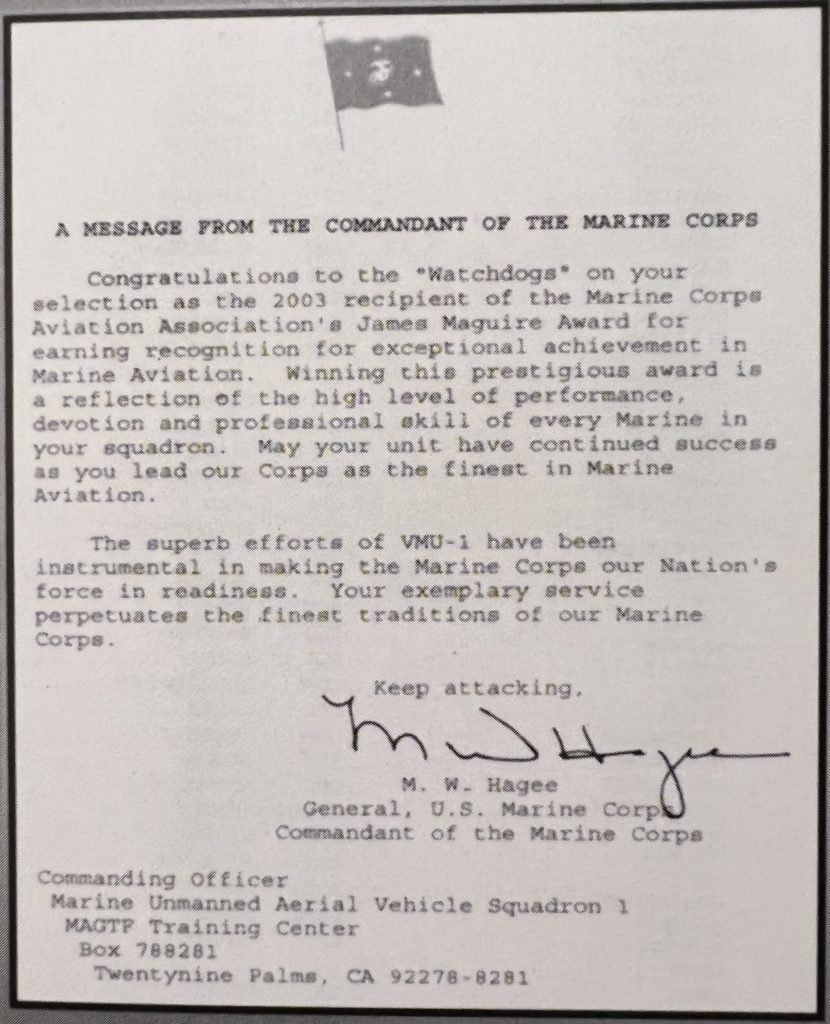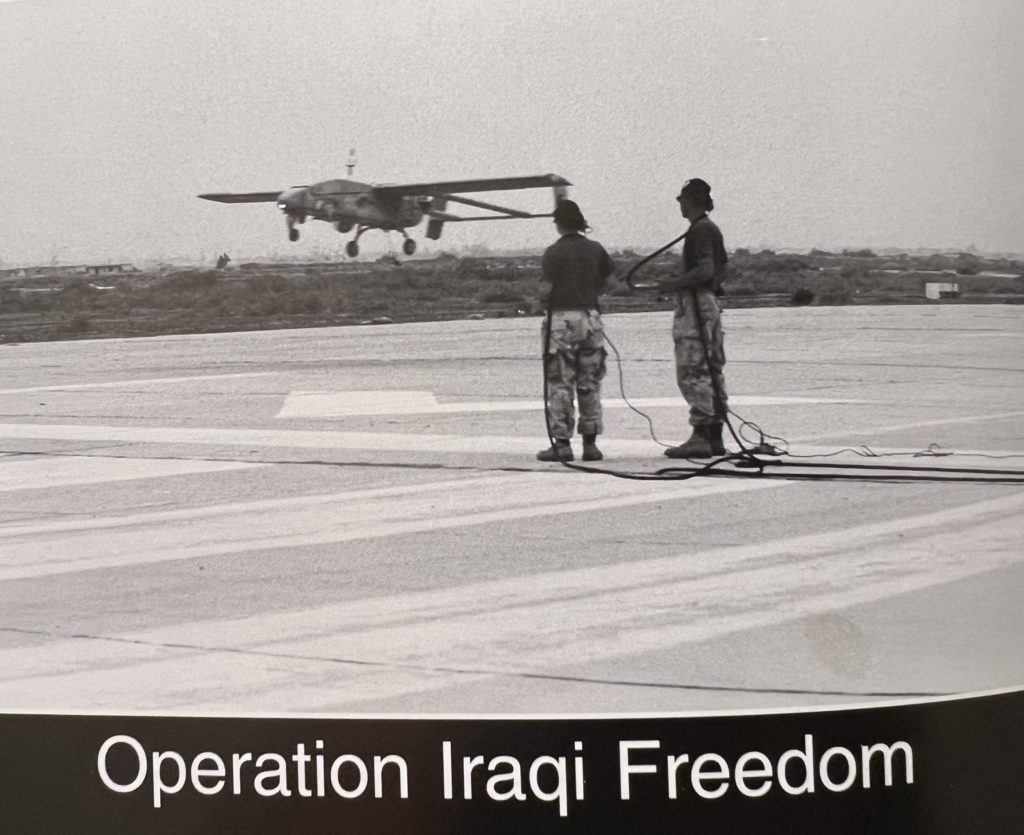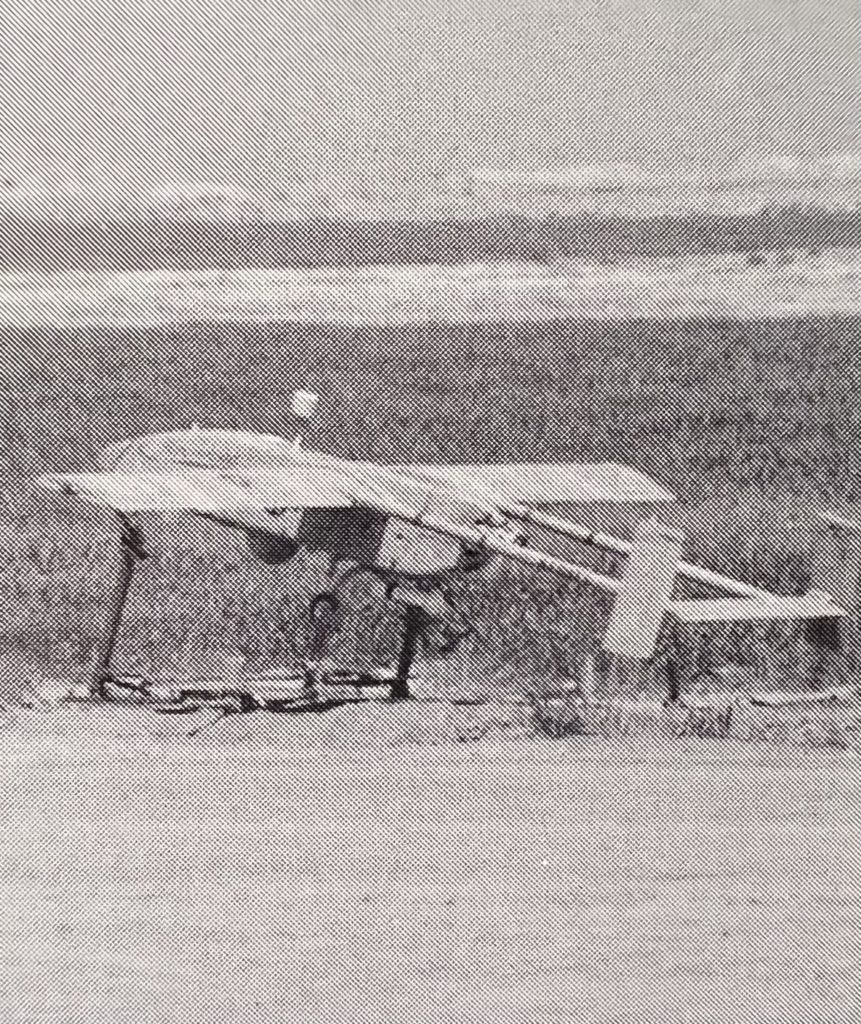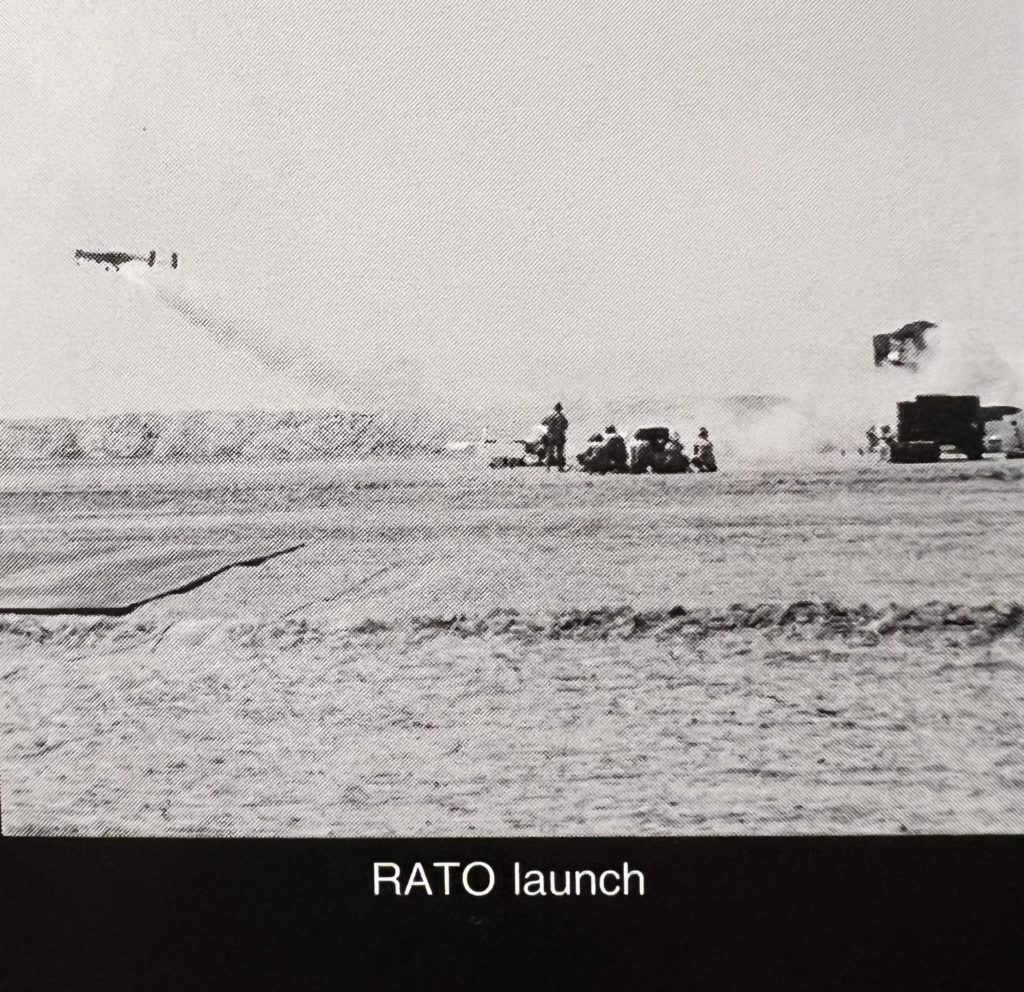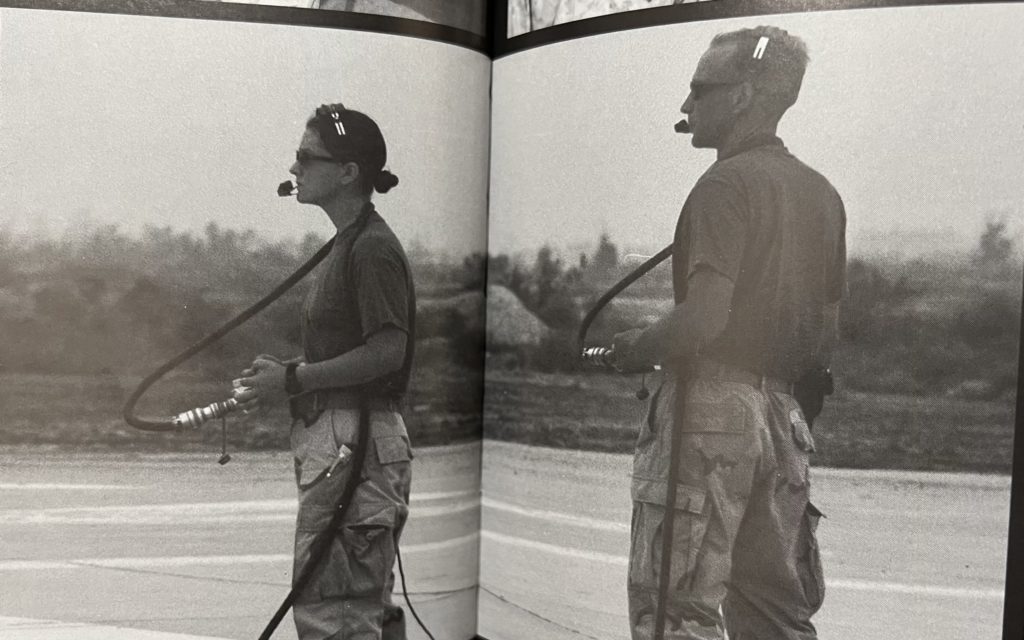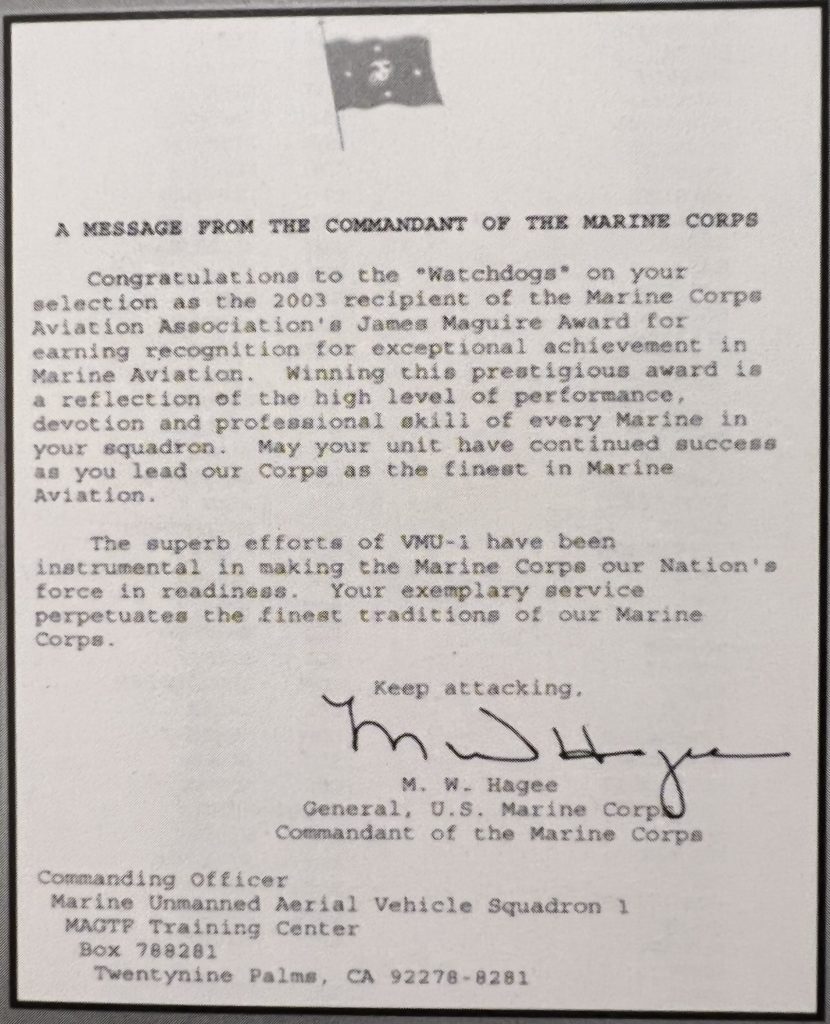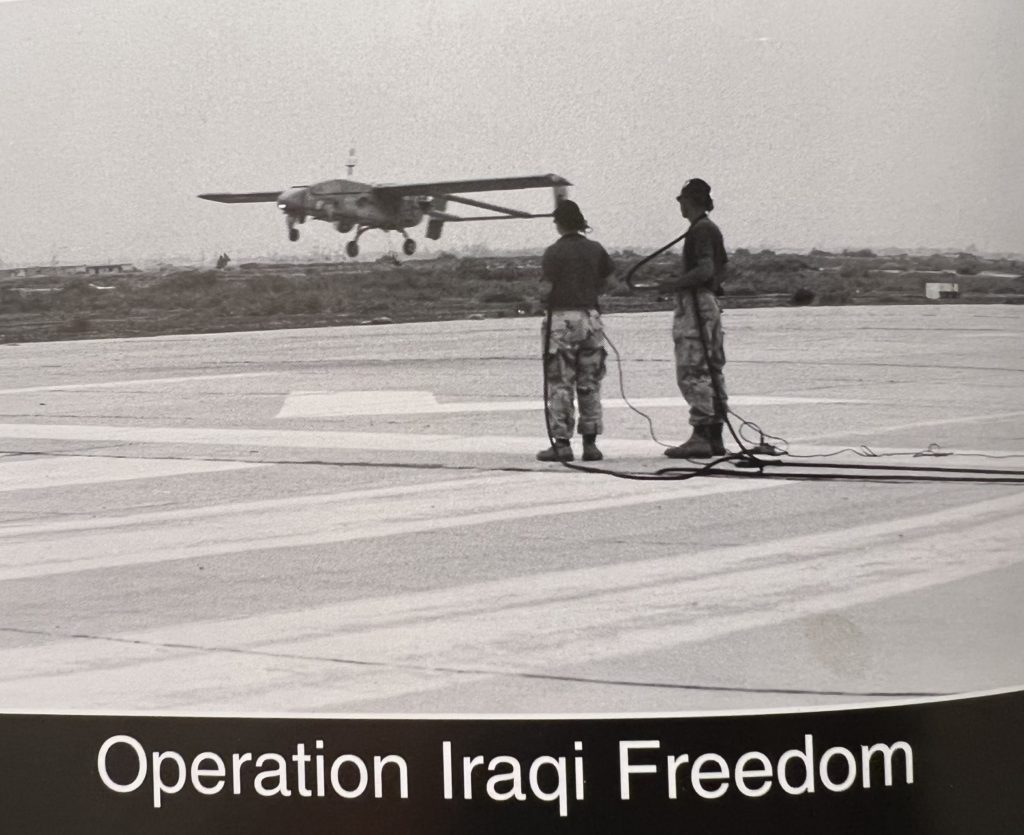WMA LIFE MEMBER
An Interview with Kassie Marie Diaz
By Alyssa Diaz
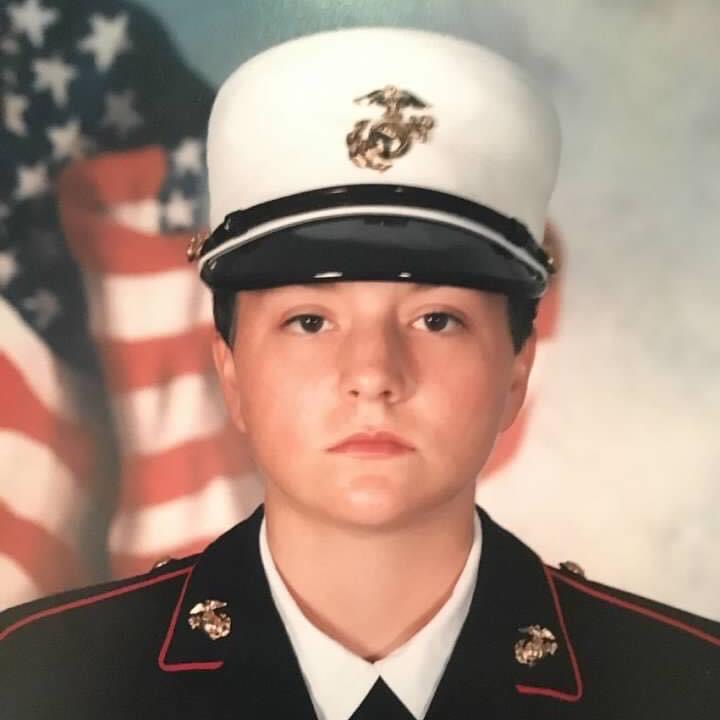
Known as the first, and only, female to operate unmanned aircraft as an external pilot for the United States Marine Corps and the United States Army, Kassie Diaz also qualified as a Pioneer UAV1 External Pilot in 2002. Additionally, she served as a Corporal in the USMC and as a Hunter UAV External Pilot in 2006 while working as a civilian for Northrop Grumman Corporation.
Born in San Antonio, Texas, on September 30, 1982, Diaz’s father was in the United States Navy and was stationed in Virginia Beach, Virginia, for most of her childhood. Her parents divorced when she was in the 6th grade so, along with her mother and brother, they returned to San Antonio. By 9th grade, her mother remarried and they moved to Floresville, Texas. She graduated from Floresville High School in 2000 and at only 17 years old, she left for the Marines just two days later. Diaz’s reason for joining the Marines was for the education benefits but she also had the desire to travel and explore the world. She remembers her mother disapproving of her choice to join the military. Kassie was the first female in her immediate family to join the military; everyone else had served in every other branch except the Marines. It was definitely going to be a challenge and she understood that.
One of her fondest memories of leaving was getting on the plane from San Antonio to Parris Island. It was the first plane she had ever been on. She was paired up with another female (Nicole Legas) on the way to Parris Island and that friendship would prove to be lifelong. Upon arrival, amidst the barking and yelling of her drill sergeant, Diaz recalls one important fact: serving in the Marines
would be the best and the worst time of her life.
The first few days of in-processing seemed to last forever and were exhausting. There was lots of paperwork, and uniform issues, and they ate on a schedule. The food at boot camp wasn’t that bad, though, says Diaz. She also needed to qualify in swimming, pugil sticks, the obstacle course, the rifle range, drill, physical exercise, and other levels of training. Diaz’s bunkmate, Legas, made the bootcamp experience fun and more bearable. She and Legas still share pictures and laugh that Diaz cut her own hair during bootcamp with cuticle scissors! At the conclusion of boot camp, everyone received their Eagle, Globe, and Anchor to commemorate the completion of their training. It was an amazing, indescribable feeling. When all the new Marines were preparing for graduation,
Diaz expected her uniform to not have any insignia on it but she had PFC chevrons ironed on. She was recognized as the meritorious recruit and was promoted to the rank of E-2, or Private First Class.
After boot camp, Parris Island Marines attended Marine Corps Training (MCT) at Camp Geiger, North Carolina. After MCT, she was assigned to Pioneer RPV School with a MOS designation of 7314 at Fort Huachuca, Arizona. In other words, she was going to be a drone pilot. She was assigned to Twentynine Palms, California, when she graduated in April 2001. She was also meritoriously promoted to E-3 for having the highest scores in the class. She went on to play soccer for the USMC All Female Marine Corps Soccer Team in the summer of 2002. During the final tournament is when 9/11 happened. She recalls the exact time, feeling, moment . . . everything about that morning. The rest of the soccer tournament was cancelled and all the Marines were recalled to duty. She was already qualified as an internal unmanned operator and was recommended to attend external unmanned operator school with a MOS designation of 7316. She attended school in Milton, Florida.
Upon returning from school, her unit was ramping up for Operation Enduring Freedom and their deployment to the front lines of Iraq. They left after Christmas of 2002 and arrived and set up camp in Kuwait. They would soon receive the go for Operation Iraqi Freedom. Kuwait was dirty and dusty. At first, she felt like she was getting ill due to the environment but when she was diagnosed with asthma, it became more difficult to withstand the circumstances. They temporarily lived in tents and used sandbags to hold down their shelter since the wind was very strong. There were even times when they were attacked by Scuds, which are missiles, and they would have to quickly don their gas masks and put on MOPP suits and jump into mass trenches to await the all-clear. She also recalls a few times when she was not selected for certain flight operations as no female had ever been qualified in her position in the Marines, nor was there adequate confidence that she could do what was being asked of her. Once they passed through from Kuwait to Iraq, many times the females were only allowed to stay by the vehicles or do duties that were less dangerous than what the males were doing. Most of the time, for the sake of not arguing, the group of females didn’t complain because it was out of line or inappropriate timing. She was proud when her peers stood up for her and she was allowed to do her job alongside them. Many of the discussions came later when the women demanded to be treated the same as the men.
One fact she wished to share with nonmilitary readers was that there was no running water. The Marines had to ration and save up water; therefore, they did not shower during the initial surge of the war for 56 days! To wash clothes, they would use small amounts of water and small amounts of soap to clean their clothes as best they could in buckets and hang them up to dry. Also, from their first day entering Iraq, they were rationed one MRE5 per day. Most everyone ate the main course and then traded the rest of the MRE, like the Skittles, peanut butter, and jalapeno cheese, which definitely made it more interesting at meal time. She said she usually chose the vegetarian MREs while most people wanted the ones with hamburgers or spaghetti. She further explained how she remembered little things that were important to them, like the first time everyone was able to have their first hot meal again. At that moment, they felt very privileged.
That August, R. Lee Ermey paid a visit to the base where they were staying. It just happened that they held a promotion ceremony during his attendance when Kassie was
meritoriously promoted to Sergeant—the first female Marine to be promoted in a combat zone.
Kassie was often reminded of writing letters to her family. One letter she wrote was talking about how she had lost so much weight that she probably went from size 7/9 to a size 0/1! Mail was, however, slow-moving. When her family sent her Girl Scout cookies, she didn’t receive them for almost three months! She shared the cookies with the women in her tent and her peers. She also received some pictures from her family and friends that she still has to this day. Diaz stated that she did not email her friends and family as they had to be careful about their communications in a war zone. While the deployed Marines were very careful, family and friends tended to not always have the same
carefulness in their words.
When she was asked about her free time while deployed, she said that she kept a diary to think through and write down what had happened during the day. When there was free time for the whole unit, they would do unit vehicle drills or practice hand-to-hand combat training. Sometimes Marines would look at the stars and wonder what their family and friends were doing back home.
In reflecting on the experience in Iraq as a whole, Diaz commented that there were a lot of situations that she would like to never experience again. She also noted that engaging in her experiences as a whole and in war really impacted her perspective. She felt empowered in so many ways during her military service and believes that much of her strength, while she was deployed, came from the other females she served with. She views her experience as a good
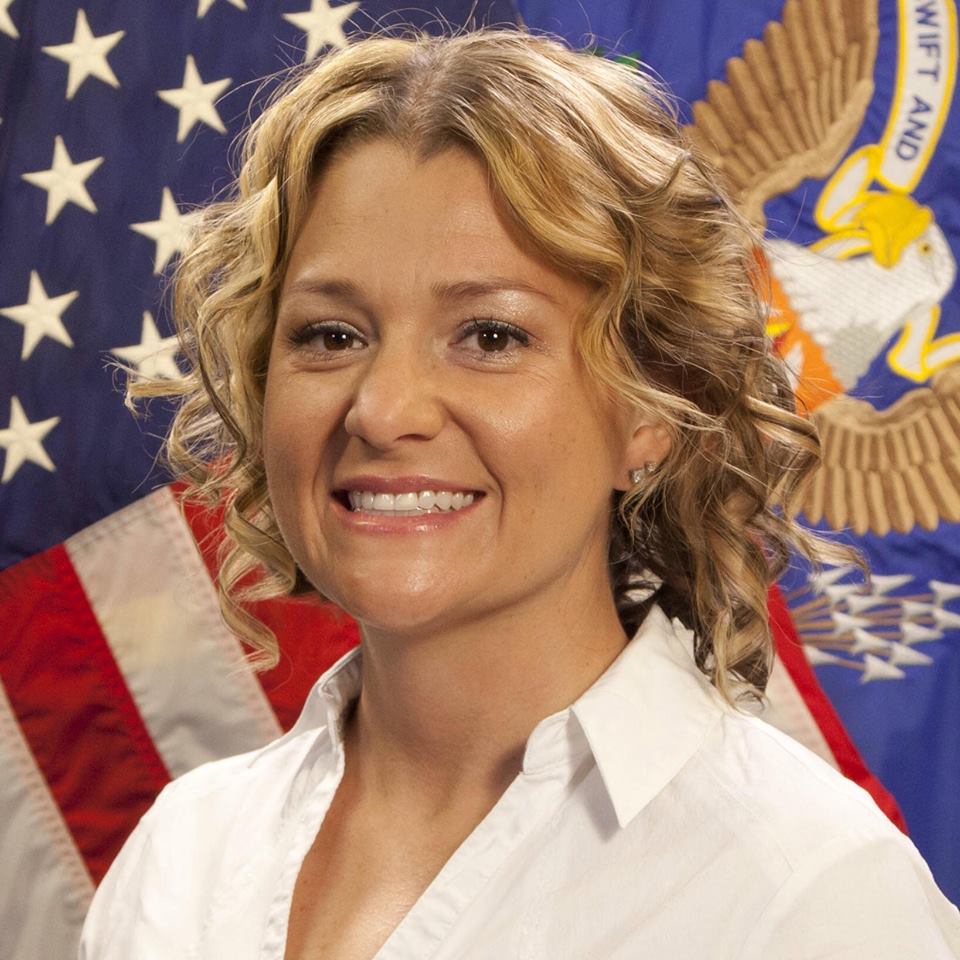
After the WIMSA article was published, she was invited to be a keynote speaker at the Annual Tucson Women Veterans Luncheon. At the luncheon, Diaz was introduced to the Saguaro Chapter of WMA in Tucson and was nominated to hold the office of president that same year. She was sworn in as the President of the Tucson Saguaro Chapter for WMA in February 2020.
In the present day, Diaz remains in the Unmanned Aerial industry. She enjoys her roles that support engineering and new innovations. Her military experience definitely shaped and influenced her thinking of war and about the military in general. Diaz says, “If I could go back and change anything, I wouldn’t. I would do it all over again! It led to the person I am today and I am pretty proud of who I am.
